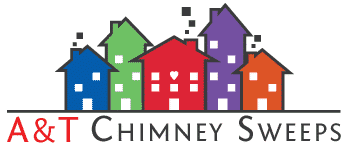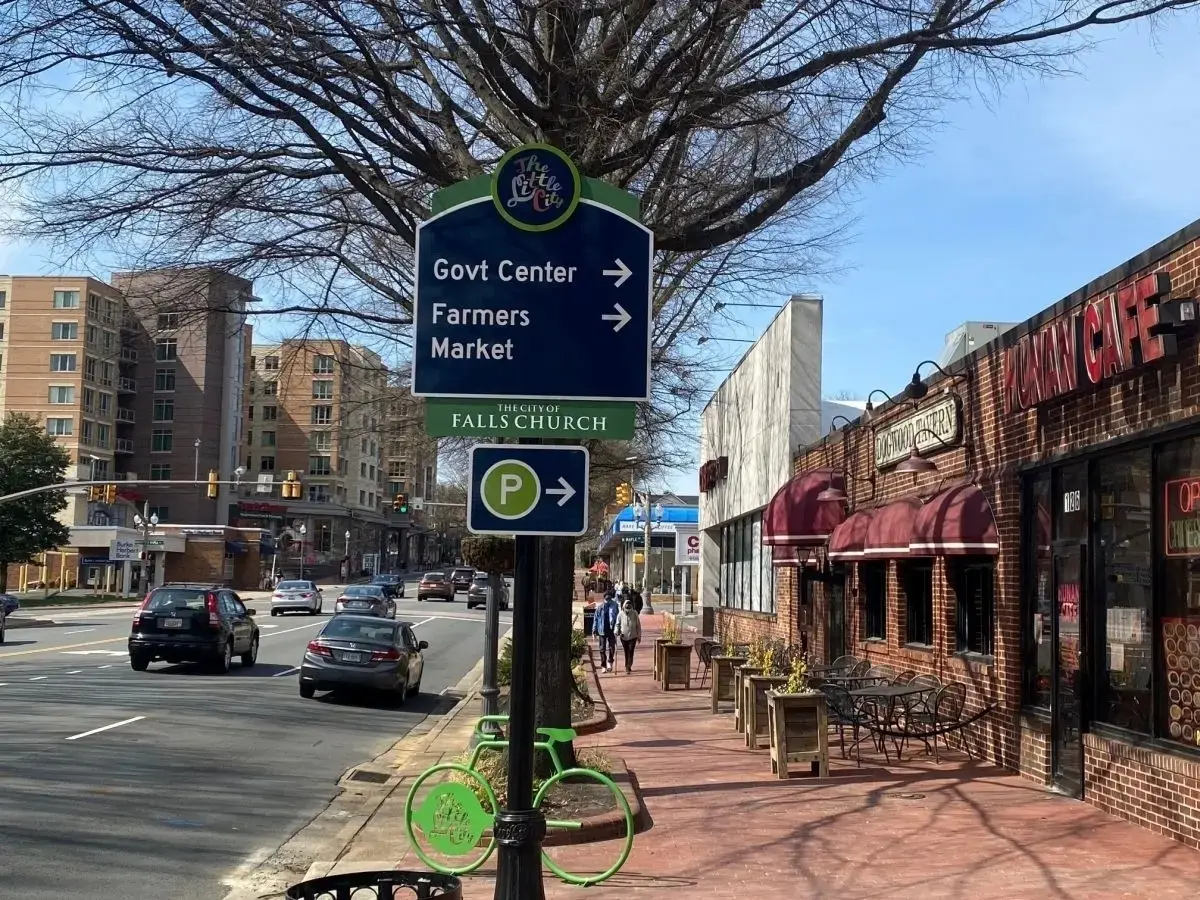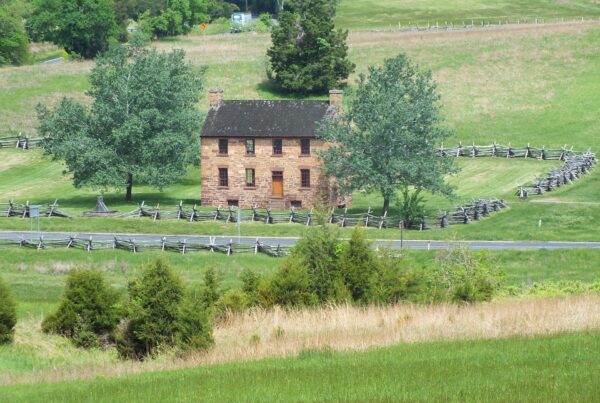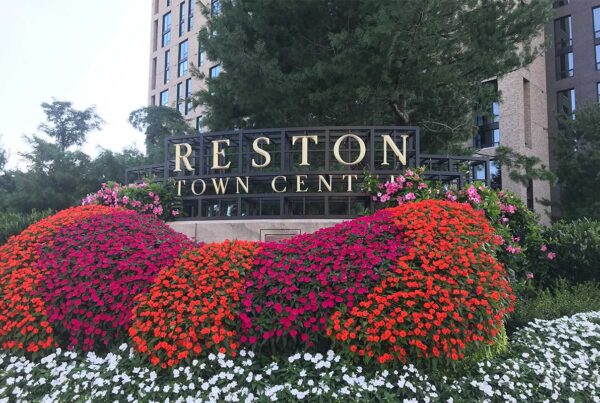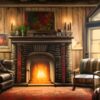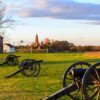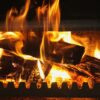Understanding and Handling Chimney Fires in Falls Church, VA
As the cold season approaches in Falls Church, VA, many households will start to use their fireplaces more frequently. However, the increased use of fireplaces also means an increased risk of chimney fires. Chimney fires can cause significant damage to your home and put your family at risk. Therefore, it’s crucial to understand what causes them, how to prevent them, and how to handle them if they occur.
What Causes Chimney Fires?
Chimney fires happen when creosote, a byproduct of burning wood, builds up in your chimney. Creosote is highly flammable, and when it accumulates on the chimney walls, it can easily ignite. Chimney fires can also be caused by obstructions like animal nests or debris, structural issues like cracks or gaps in the chimney, and improper use or maintenance of the fireplace.
How to Prevent Chimney Fires?
Regular Chimney Cleaning: The most effective way to prevent chimney fires is by regular chimney cleaning. According to the National Fire Protection Association, chimneys should be inspected at least once a year and cleaned as necessary. Regular cleaning removes creosote buildup and any obstructions, reducing the risk of a fire.
An expert company like A&T Chimney Sweeps fireplace, furnace, dryer vent, gutter cleaning and repair services in Falls Church VA can provide professional and thorough chimney cleaning, ensuring that your chimney is free from any fire hazards.
Proper Use of Fireplace: Only burn seasoned wood, as green or damp wood creates more creosote. Do not overfill your fireplace and avoid burning paper or cardboard, which can float up the chimney and ignite the creosote.
Chimney Cap Installation: Installing a chimney cap can prevent debris and animals from entering your chimney, reducing the risk of obstructions that can lead to fires.
How to Handle Chimney Fires?
If you suspect a chimney fire, it’s important to act quickly. Here are the steps you should take:
1. Evacuate: The first and foremost step is to get everyone out of the house. Once you’re safely outside, call 911.
2. Extinguish the Fire: If it’s safe to do so, use a fire extinguisher to put out the fire in the fireplace. Do not use water, as it can create steam and cause the chimney to explode.
3. Close the Damper: By closing the fireplace damper, you can cut off the fire’s oxygen supply, helping to slow it down.
4. Call a Professional: Once the fire department has extinguished the fire, call a professional chimney sweep company to inspect and clean your chimney before using it again.
Remember, chimney fires can be extremely dangerous and destructive. The best way to deal with them is to prevent them in the first place. By keeping your chimney clean and using your fireplace properly, you can enjoy the warmth and coziness it brings without worrying about the risk of a fire.
FAQs
Q: How often should I clean my chimney?
A: The National Fire Protection Association recommends having your chimney inspected at least once a year and cleaned as necessary.
Q: Can I clean my chimney myself?
A: While it’s possible to clean your chimney yourself, it’s often safer and more effective to hire a professional. Professionals have the necessary tools and training to thoroughly clean your chimney and identify any potential issues.
Q: What are the signs of a chimney fire?
A: Signs of a chimney fire include a loud cracking or popping noise, a lot of dense smoke, an intense, hot smell, and a roaring sound that might sound like a low-flying plane.
Q: What should I do if I suspect a chimney fire?
A: If you suspect a chimney fire, evacuate your home immediately and call 911. If it’s safe to do so, you can also try to extinguish the fire in the fireplace and close the damper to cut off the fire’s oxygen supply.
Q: Can I use my fireplace after a chimney fire?
A: After a chimney fire, you should not use your fireplace until it has been inspected and cleaned by a professional. Chimney fires can cause damage that might not be visible but can increase the risk of another fire.
In conclusion, when it comes to chimney fires, prevention is key. By understanding what causes these fires, taking steps to prevent them, and knowing how to react if one does occur, you can help keep your home and your family safe.
